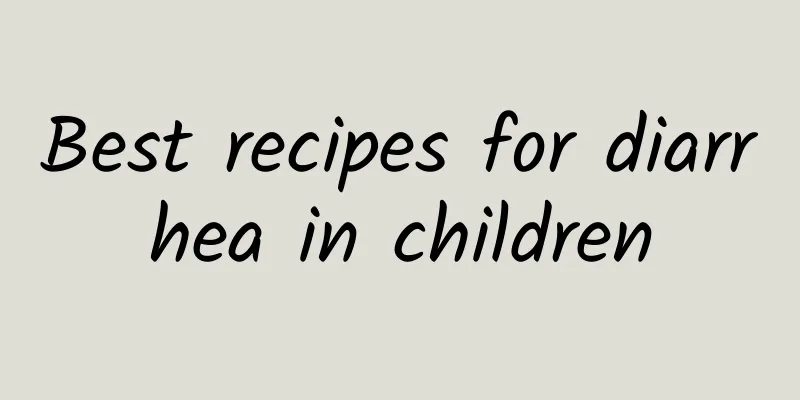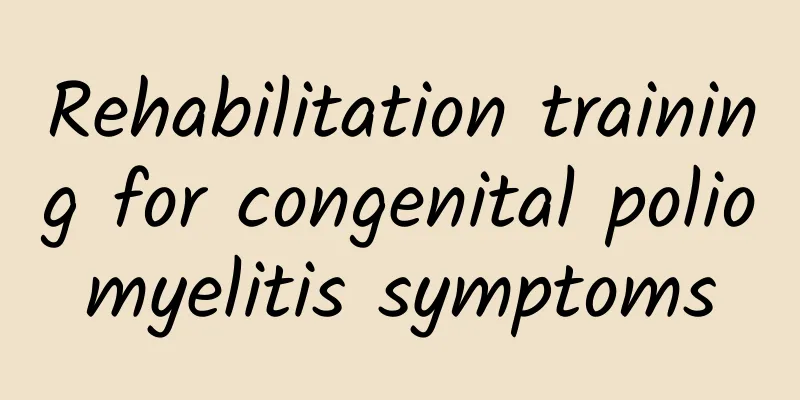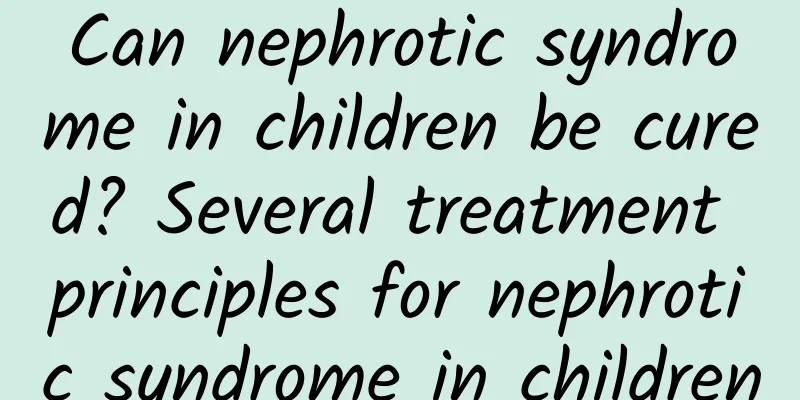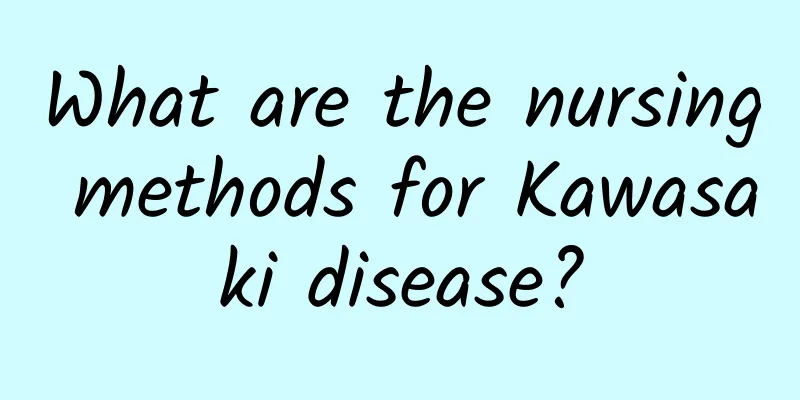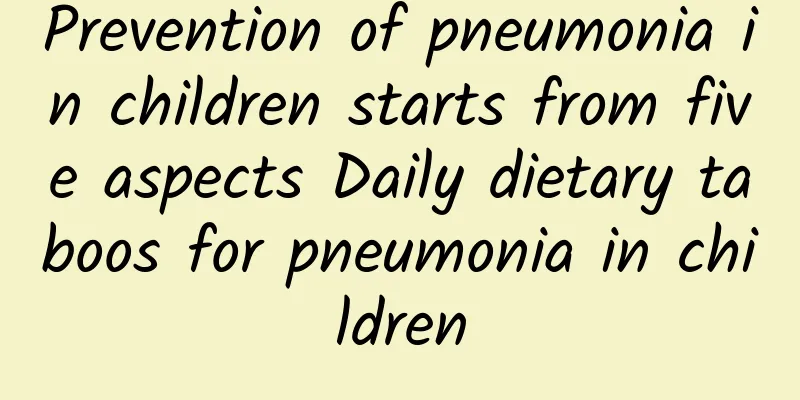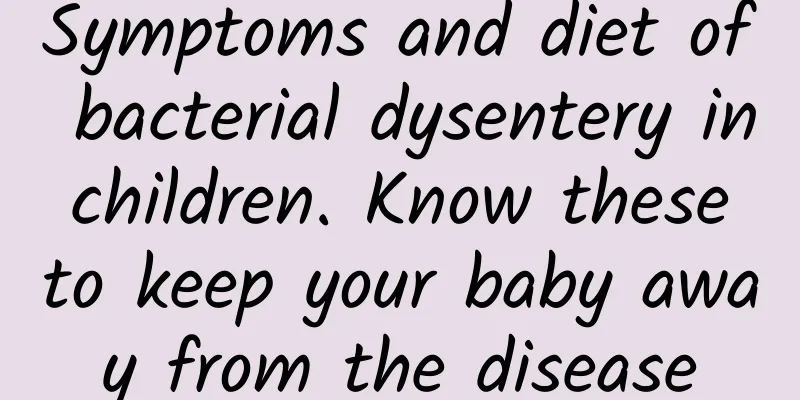The difference between herpangina and hand, foot and mouth disease. Is herpangina hand, foot and mouth disease?
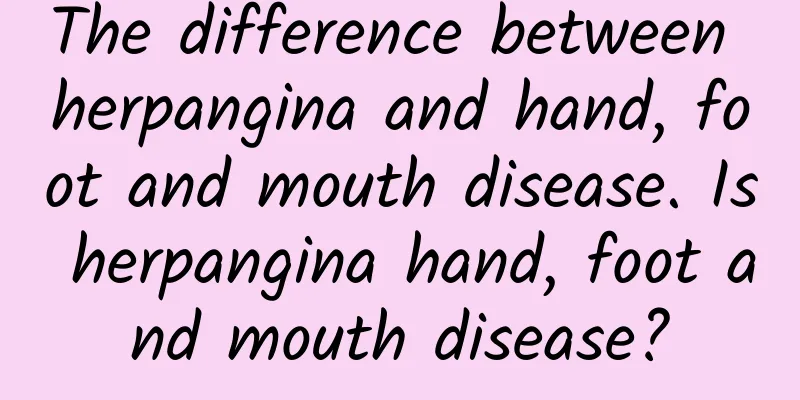
|
Herpetic pharyngitis is an acute infectious pharyngitis caused by enterovirus, which is mainly manifested by acute fever and herpes in the pharyngeal isthmus. This disease is highly contagious and parents often mistake it for hand, foot and mouth disease because this type of disease has symptoms of fever, headache and loss of appetite. So, what is the difference between herpetic pharyngitis and hand, foot and mouth disease? 1. Different types of viruses cause infection Although the viruses that cause herpangina and hand, foot and mouth disease are both enteroviruses and these viruses have many similarities, the viruses that can cause herpangina do not necessarily cause hand, foot and mouth disease. Similarly, the viruses that cause hand, foot and mouth disease do not necessarily cause herpangina. 2. Different locations of herpes In children with herpangina, herpes and ulcers mainly appear in the pharyngeal isthmus of the mouth. Children with hand, foot and mouth disease may develop blisters or papules on the lips, oral mucosa, perioral area, hands, feet, buttocks, and even the entire body. Some cases of hand, foot and mouth disease may indeed only present as herpetic pharyngitis, without any rash from beginning to end. From this perspective, herpetic pharyngitis can also be regarded as a special type of hand, foot and mouth disease. 3. Different severity of illness Herpangina generally has a good prognosis and rarely becomes a serious condition, while hand, foot and mouth disease has a certain chance of becoming a serious condition. Although herpetic pharyngitis may be complicated by bacterial infection, complications such as encephalitis generally do not occur, and severe cases are rare. Children with severe hand, foot and mouth disease may develop complications such as myocarditis, pulmonary edema, and encephalitis. Some children with severe hand, foot and mouth disease may die if the disease progresses rapidly. 4. Tips Whether it is herpetic pharyngitis or hand, foot and mouth disease, if the mother finds that the baby has symptoms such as crying for no reason, drooling, loss of appetite, herpes, fever, etc., she should be vigilant and not treat the disease as a cold and delay treatment. She should go to the hospital in time. Early detection and early treatment will help the baby's recovery. Both are highly contagious and should be isolated when they are sick. |
<<: The baby has a runny nose and diarrhea for four days.
>>: What to do if your one-year-old baby has a respiratory infection and coughs
Recommend
What medicine should be used to treat mumps? What medicine is effective in treating mumps?
Mumps is not uncommon in life. It is a respirator...
How long after dinner is it best to drink milk? It is best to drink milk one hour before going to bed
Milk should be a common drink in most families at...
Does patent ductus arteriosus shorten life expectancy?
Will patent ductus arteriosus shorten life expect...
How long does it take for a child to get out of bed and walk after minimally invasive hernia surgery?
Children can usually get out of bed and walk with...
How can parents prevent neonatal jaundice?
Newborn babies are prone to jaundice. In many cas...
How mumps is transmitted in children
Mumps in children is mainly transmitted through d...
Can children with cough variant asthma be cured? Treatment methods for children with cough variant asthma
Cough variant asthma in children is a concern for...
What is the difference between cerebral palsy and polio in children?
Polio patients do not know the difference between...
Effective methods to prevent pneumonia in children
If you don't pay attention when you have a co...
What is the cause of polio?
Polio is a very serious acute infectious disease....
Can babies catch colds and heal themselves? How can we prevent babies from catching colds?
Infants' colds are self-healing. If the sympt...
What is Hirschsprung's disease
Hirschsprung's disease is a congenital diseas...
What foods can children eat to cure cough quickly in autumn?
There is no saying that eating certain foods can ...
Can poppy paste treat diarrhea in children? The secret of effective medicine for treating diarrhea in children
Diarrhea is a common problem in children. Since t...
How to treat a 4.5 month old baby with a cough and phlegm How to treat a 4.5 month old baby with a cough and phlegm
If a 4.5-month-old baby has a cough and phlegm, y...

